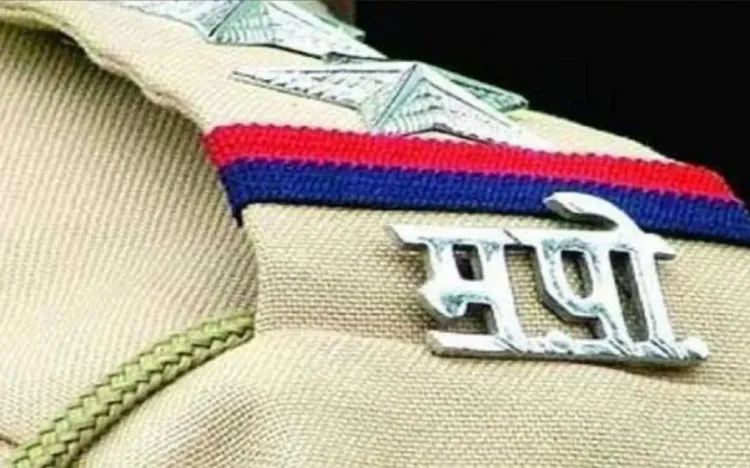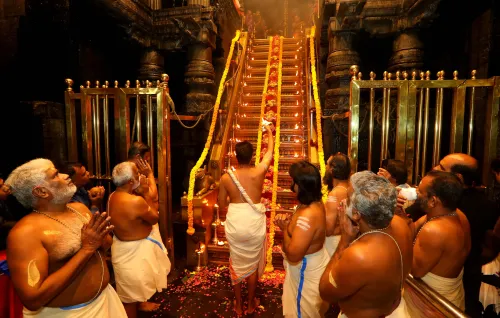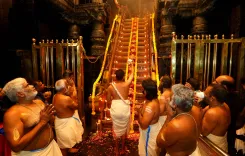Can Head Constables Now Investigate Offences in Maharashtra?

Synopsis
Key Takeaways
- Head constables can now investigate offenses in Maharashtra.
- Eligibility requirements include training and years of service.
- New laws aim to enhance the law enforcement framework.
- Mobile forensic vans will help collect evidence on-site.
- Online testimony procedures will reduce court congestion.
Mumbai, May 15 (NationPress) The government of Maharashtra has recently published a gazette notification allowing police head constables to investigate criminal offenses throughout Greater Mumbai and the state as per sub-section (1) of section 176 of the Bharatiya Nagarik Suraksha Sanhita, 2023.
Previously, only senior police inspectors or sub-inspectors had the authority to conduct investigations into offenses. Section 176 outlines the procedural guidelines for investigations and their legal ramifications.
According to the gazette notification, police personnel eligible to conduct investigations must be at least a Head Constable or above, or a Police Constable with a degree, possessing seven years of service as a police constable, and having successfully completed six weeks of specialized training at the Detective Training School in Nashik, along with passing the assessment from that training. Furthermore, there must not be any pending departmental inquiries against them.
Sub-section (1) of section 176 of the Bharatiya Nagarik Suraksha Sanhita, 2023 states: “If a police station officer has reason to suspect an offense, they must immediately report it to a Magistrate and proceed to investigate the case, either personally or by delegating a subordinate officer of an appropriate rank as prescribed by the state government.”
Earlier this year, Chief Minister Devendra Fadnavis, who oversees the Home Department, announced the full implementation of new criminal laws within six months.
He emphasized that the Bharatiya Nyaya Sanhita (BNS), Bharatiya Nagarik Suraksha Sanhita (BNSS), and Bharatiya Sakshya Sanhita (BSS) aim to foster a swift and progressive law and order framework in the state.
“The deployment of twenty-seven mobile forensic vans is underway, and a comprehensive network is expected to be established in the next six months. For offenses with punishments exceeding seven years, on-site forensic testing will be conducted using these vans, facilitating the collection of high-quality evidence. A significant 90% of Maharashtra’s police force, totaling two lakh personnel, has received training in these new laws, with the remaining 10% expected to complete training by March 31,” he stated.
Fadnavis also mentioned that to minimize the need for accused individuals to be physically present in court multiple times, new legal provisions permit testimony to be recorded from prisons via dedicated cubicles connected to courts online. Each court will have its own designated cubicle, and this project is anticipated to be completed within six to eight months. This initiative aims to alleviate pressure on police transport, enhance security, and decrease courtroom congestion.
“Under the new regulations, repeated court adjournments will be disallowed, and government lawyers must be trained accordingly. The meeting provided significant insights, and Maharashtra is committed to accelerating the effective implementation of these three laws,” Fadnavis remarked.










